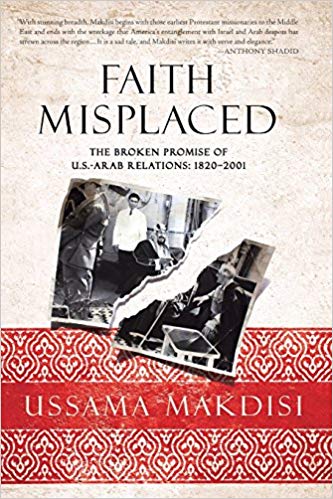 I want to bring out three ways Jesus brought blessing to a couple on their special day, three ways in which I believe he longs to bless each of us today also.
I want to bring out three ways Jesus brought blessing to a couple on their special day, three ways in which I believe he longs to bless each of us today also.
The Blessing Of Jesus’ Presence : (John 2:1-2)
Jesus and his disciples had been invited to a wedding. In Israel they do things properly. The wedding reception lasts a week. Everything stops in the community and everyone joins in. When you think of Jesus what do you imagine His schedule looked like? Can you imagine Jesus relaxed, laughing and enjoying himself at a wedding reception surrounded by people in festive mood, for a whole week? No watch, no mobile phone, no emails, no post, no distractions, just a week of eating and drinking good food and wine celebrating the shared joy of a new marriage in the community. Can you? Continue reading









